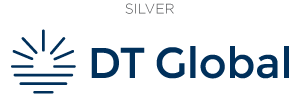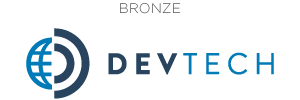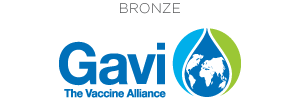 Program Agenda
Tuesday, September 19, 2023Climate Change and Crisis Management
8:30 AM – 4:30 PM Registration opens 8:30 am – 10:00 am Breakfast
10:00 am – 10:20 am Welcome and Opening Remarks
10:20 am – 10:50 am Presentation of The 2023 David M. Nummy Lifetime Achievement Award
Ed Olowo-Okere
10:50 AM – 11:25 AM Keynote Address
11:25 am – 11:55 am Monitoring Sustainability & ESG Initiatives, from Finance and Compliance Perspective This presentation will cover how to monitor Environmental, Social & Governance (ESG) initiatives and take corrective actions (if necessary) to accelerate sustainability goals. We will discuss how to manage operations, comply with regulations, and report environmental and social responsibilities to governments, not-for-profit organizations, and investors. SOPTICS.AI is an end-to-end, ecosystem based, business platform to help organizations achieve their sustainability goals.
12:00 am – 1:00 PM Lunch
1:00 pm – 1:45 pm Crisis and Supply Chain Management USAID has undertaken an initiative to integrate audit findings into its Enterprise Risk Management process. Using as an example, an OIG report finding on the Global Health Supply Chain Program Procurement and Supply Management (GHSC-PSM) project, the presenter will walk through the 4-step initiative and the implications.
1:45 pm – 2:30 pm Ukraine's PFM Under Global Shocks Under global shocks caused by the recession, disruptions in international supply chains during Russia's aggression against Ukraine, a new socio-political, economic and military reality is taking shape in Ukraine. Implementation of strategic approaches to PFM has become crucial. With international assistance, the Ukraine's PFM is in the process of maintaining its own resilience, supporting the Armed Forces, resolving acute social problems, as well as restoring its economy for the post-war period.
2:30 pm – 2:45 pm Break
2:45 pm – 3:45 pm Water Governance in Times of Crisis: Investing in Wastewater Infrastructure in Lebanon Lebanon is experiencing a financial crisis and government transition. Wastewater Management Director Osama Amad will discuss the USAID Lebanon Community Support Program and the financial management and governance of Lebanon's water and wastewater sector in this critical time. Working with the government, the Program’s goal is to adopt regulatory frameworks that enable more financially sustainable energy and attract investments (e.g. short-term financing models, private investment incentives, and long-term contingency plans).
3:45 pm – 4:45 pm Managing Public Finances in Times of Crisis During crises such as war or natural disaster, PFM systems still must function and adapt to rapidly changing circumstances. Panel presenters will explore the experiences supporting the Government of Ukraine and managing PFM processes such as executing payments during a time of war.
4:45 pm – 6:30 pm Networking Reception Sponsored by DevTech
Wednesday, September 20, 2023 Economics and Public Investment
8:30 AM – 4:30 PM Registration 8:30 am – 10:00 am Breakfast
10:00 am – 10:10 am Welcome
10:10 am – 10:45 am Keynote Address
10:45 am – 11:45 am Improving Debt Transparency: Reforms to Increase Reporting Using the 2021 results of USAID's Debt Transparency Scorecard (DTS), presenters from the International Budget Partnership, National Democratic Institute, and the Open Government Partnership will discuss the current state of debt transparency, the work being conducted by practitioners in this area, and the next steps for incentivizing comprehensive reporting.
Moderator:
11:45 am – 12:45 pm Lunch
12:45 pm – 1:30 pm PFM Anchoring Ethiopia's Road to Prosperity With about 123 million people, Ethiopia is the second most populous nation in Africa after Nigeria, and one of the fastest-growing economies in the region, with an estimated 9.4% growth from 2010-11 to 2019.
Within this huge economic growth, the public sector is undergoing vast reforms with PFM anchoring the way. From establishment of capital markets, privatization of state-owned enterprises, liberalization of the banking system and an enabling home-grown economic reform, the public finance arena is being focused upon like never before.
1:30 pm – 2:15 pm Progress and Initiatives to Implement IPSAS in Africa Using a case study, hear firsthand about an IPSAS implementation in Rwanda, including outcomes and implications for other African countries.
2:15 pm – 2:30 pm Break
2:30 pm – 3:30 pm PFM Digitalization Journey — Uganda's Experience PFM reforms in Uganda started in the early 1990s centered on the legal framework, the human capital (people) and digitalizing the underlying processes/systems. The legal frameworks were overhauled and aligned to best international practices. Professional certification of the core PFM staff was sponsored by the government. Underlying PFM systems were digitalized and centralized using Oracle driven IFMS as the flagship computerized system. These are being integrated and deepened to address recurrent challenges such as asset management, etc. The goal now is to transit to full accrual IPSAS.
Implementing Public Investment Programs Under Increased Uncertainty — How Does PFM Need to Change? This discussion focuses on the importance PFM issues for recipient governments in terms of the implementation of development programs, such as grant-financed infrastructure projects. Presenters will highlight real world examples from MCC projects that faced unforeseen cost escalations due to increased macroeconomic vulnerability and/or climate shocks. Among the key questions to be discussed is how PFM can be made Climate-Smart.
4:30 pm – 4:40 pm Wrap-up
Thursday, September 21, 2023 Public Investment, Tax Systems and PFM
8:30 AM – 4:30 PM Registration 8:30 am – 10:00 am Breakfast
10:00 am – 10:10 am Welcome
10:10 am – 11:10 am Going Beyond Data Analysis – Piercing Insights and Foresights to Strengthen PFM
11:10 am – 12:10 pm Integrity in Revenue Administrations: A Case Study for Why It Matters Integrity in a revenue administration is vital to ensuring compliance with tax obligations. The USAID Uganda Domestic Revenue Mobilization for Development Activity (DRM4D), implemented by Nathan, has worked with the Uganda Revenue Authority and the administrations of 10 newly created cities to strengthen their integrity and increase their revenue collections. The DRM4D Chief of Party will present on how the project has supported these efforts and on lessons learned from the experience.
12:10 pm – 1:10 pm Lunch
1:10 pm – 2:10 pm The Digital Transformation of Public Finance Driven by service delivery improvements during the pandemic, governments aspire to accelerate digital technology adoption. This session will explore the public finance implications, including budget cycle interoperability and external data for outcomes-based fiscal management; data & evidence-based decision making enabled by digital; reconsideration of systems of record in supporting systems of engagement, intelligence, & innovation; emerging public finance digital good practices, and lessons from other domains.
2:10 pm – 2:25 pm Break
2:25 pm – 3:25 pm The Importance of Using Country Systems Gavi, the Vaccine Alliance and the Global Fund are being much more intentional about increasing the share of their grants that are channeled through existing government systems. Presenters will discuss what both organizations are doing and how they are working with countries to ensure use of country systems is in-built into the investments they provide. Some challenges will be presented and participants will be asked to share their views about how these challenges might be overcome.
3:25 PM – 4:30 PM Closing Keynote Address and Wrap-Up
DOWNLOAD THE PROGRAM We Want to Thank Our
|


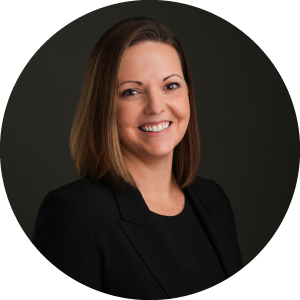
 Presentation and Remarks
Presentation and Remarks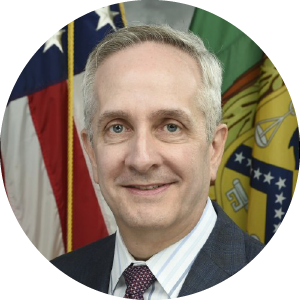
 Moderator:
Moderator:
 Moderator:
Moderator:

 Moderator:
Moderator:
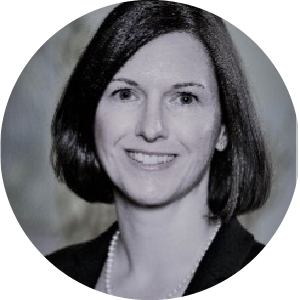 Moderator:
Moderator:





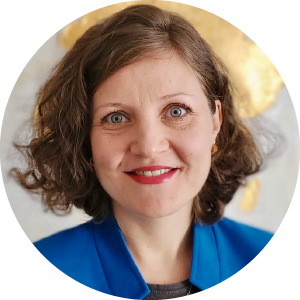


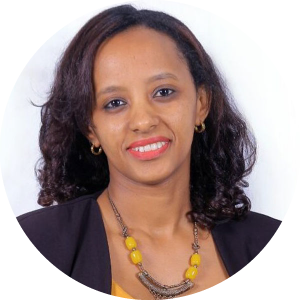
 Moderator:
Moderator:
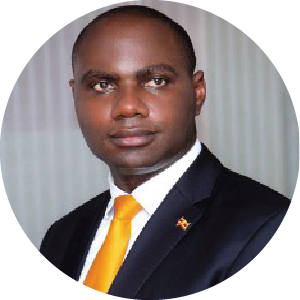
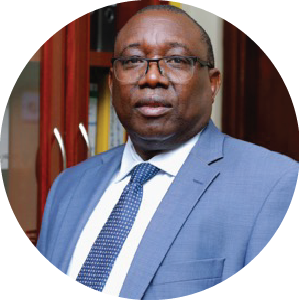
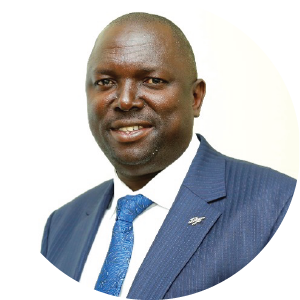
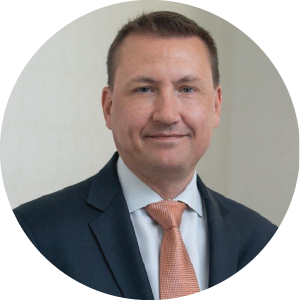 Moderator:
Moderator: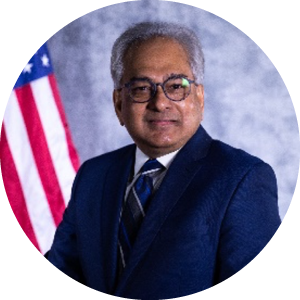




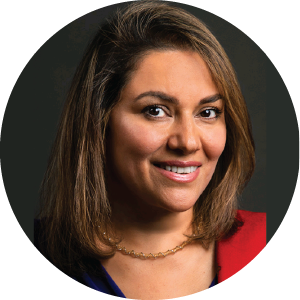 Moderator:
Moderator: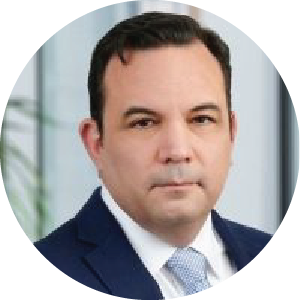


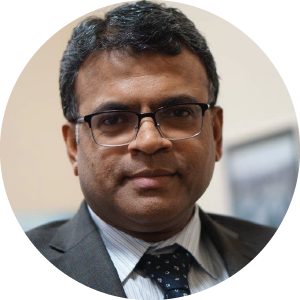 Moderator:
Moderator: 


